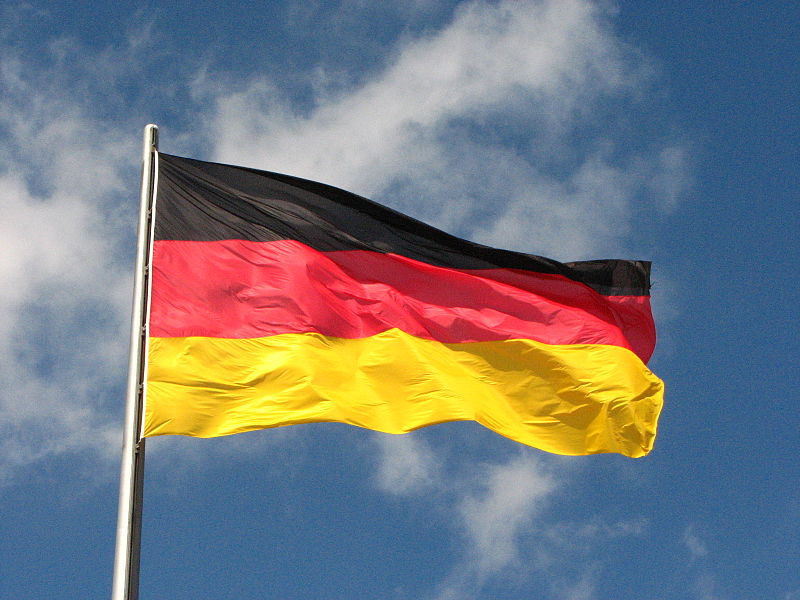Post-election negotiations began on Sunday in Germany, with the Social Democrats and Angela Merkel’s Conservatives each holding talks with other parties to build a coalition and form the next government.
The stakes are high in Europe’s biggest economy, which has bitter memories of the 2017 coalition negotiations that lasted months and paralysed the European Union.
The SPD, led by Olaf Scholz, is in pole position to try and form the next government after coming out in first place at the elections on 26 September. On Sunday it holds successive meetings with the Liberals of the FDP and the Greens, parties playing a key role in determining who will be chancellor.
Mr. Scholz aims to succeed Mrs. Merkel as chancellor at the head of a “tri-colour” coalition with the two other parties. “It’s clear from all polls that people do not want the CDU-CSU to be part of the next government,” the Social Democratic leader said on Saturday in the weekly Der Spiegel.
However, although it fell below the bar of 30% for the first time since 1949 at the recent elections, the conservative CDU-CSU has not had its last word and intends to go all out to retain the Chancellorship.
To this end, the Christian Democrats, led by the unpopular Armin Laschet, are holding talks on Sunday with the Liberals before meeting the "Grünen" (Greens) on Tuesday.
All the makings of a huge “poker game” around the formation of the incoming governing team are thus present, Der Spiegel commented.
Public opinion seems to weigh heavily in favour of the SPD and its leader, who is Finance Minister in the outgoing coalition. Some 59% of Germans are in favour of a tri-colour coalition comprising the SPD, Greens and FDP, as against 24% who prefer a coalition led by the conservatives, according to a poll commissioned by the ZDF public channel.
Three-quarters of respondents felt Mr. Scholz, who is experienced but lacks charisma, should be the next chancellor. Only 13% came out in favour of Mr. Laschet.
Still, the discussions with the FDP and the Greens look set to be tough.
The Liberals have made no secret of the fact that they would prefer to deal with the Conservatives although, four years after they gave up trying to reach agreement with Angela Merkel, they seem ready to make concessions this time around.
The Greens, too, are ready to drop some of their demands in order to form a “progressive government” with the SPD. For example, they are no longer making speed limitations on highways an unconditional requirement for their participation in government.
The two parties, which polled highest among young voters, are also in sync on the criminalisation of abortion advertising, to which the conservatives are attached, but which they want lifted.
The Conservatives, for their part, are anything but ready to draw a line under the chancellorship after holding the reins of power without a break since 2005. However, Mrs. Merkel’s party now seems to be beset by score-settling and ego quarrels.
Mr. Laschet, whose image was scorched by his unwillingness to admit defeat at the polls, appears increasingly under threat. The daily Süddeutsche Zeitung likened him on Saturday to “someone who holds on to his post as party leader in the most unworthy manner whatsoever and who wants to accede to the Chancellorship by brute force, whereas almost no one wants him.”
Mrs. Merkel’s intimate enemy, Friedrich Merz, an unsuccessful candidate for the post of CDU president early this year, said he was ready to head a party that has “become lazy in its way of thinking.”
Current Health Minister Jens Spahn, has called, for his part, for the party to be rejuvenated to get it out of the “napthaline.”
The Brussels Times

